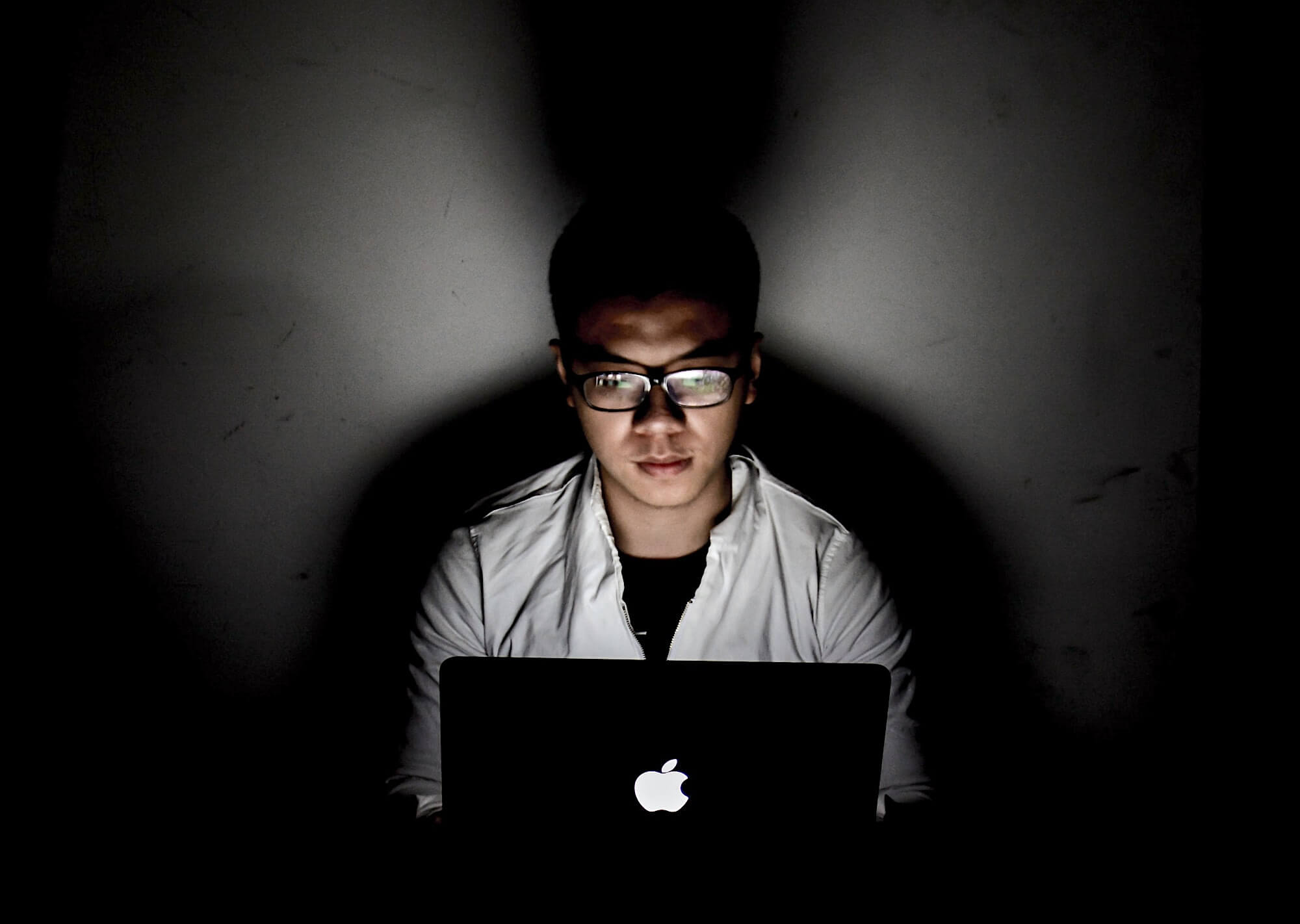“Tightening the nuts”: how the West plans to interact with Chinese telecoms
We discuss how the situation is developing around The Clean Network initiative and other measures aimed at “verification” of suppliers of technological solutions for practically all areas of activity in the United States. We will tell you what the American authorities are planning to do.

What’s happening
As part of the ongoing large-scale modernization of the US network infrastructure, the country’s authorities are rapidly reconsidering their attitude towards telecom providers with an opaque ownership structure and foreign participation. As a mechanism that could legitimize this procedure, the government put forward an initiative called The clean network… It is a multi-year program to gradually ensure that threats to national security and interests are minimized.
As it was developed, the expert group developed set of criteria, consisting of twenty-seven points, according to which specialized commissions will be able to assess the “level of trust” in providers of services and telecom equipment. The criteria are divided into three groups. The first one describes the management practices of the vendor and the state where its headquarters is located; the second is the degree of transparency of the organizational structure and the chain of beneficiaries; the third – questions on the topic of information security. A separate subsection of four points is devoted to recommendations to the government agencies themselves that apply this set of criteria.
Just a few months after that, Secretary of State Michael Pompeo proposed going beyond the network infrastructure and expanding the initiative to the entire spectrum of IT companies: from app stores and their developers to cloud providers and submarine communications networks. His idea was to check companies for unwanted ties with government and any other organizations from the PRC and to protect US interests from the influence of foreigners.
Moreover
Immediately after the presidential election, Michael Pompeo was replaced by Anthony Blinken as Secretary of State. However, The Clean Network was not only not turned down, but also expanded in a peculiar way – Joe Biden signed an order to check all semiconductor supply chains and set aside one hundred days for it. He urged to pay special attention to those who supply manufacturers of smartphones, computers and other electronics. Plus – to see how the developers of high-power traction batteries for the automotive industry are doing.

The move could further complicate the already tense interactions between US companies and Chinese component manufacturers. The fact is that he was influenced by the so-called “trade war”, which was started by Donald Trump even before the emergence of global problems of an epidemiological nature. As a result, at the peak of the autumn wave of respiratory diseases, almost everyone – from Apple to Qualcomm – faced a shortage of components and were forced to turn to the authorities with requests for support. Interestingly, if not immediately, but most likely they will be able to get it. Groups of lobbyists from the IT, telecom industry and automakers have already approached the White House with a request to allocate funds for the development of manufacturing facilities in the United States.
Among other things, Biden’s order will affect other industries: defense, medicine, biological and food safety, transport and energy.
Trust issue
Even if the administration of the new president successfully deals with suppliers and technology vendors from the PRC like Huawei and other companies, such measures will not be enough to completely exclude the influence of Chinese partners on processes within the United States, and most importantly, in the world. According to expert report, The “digital silk road” has turned out to be much wider and more stable than one could imagine. Structures in China are actively investing in IT businesses and startups, selling equipment and software solutions to many countries.

Localized Chinese applications have already found their audience in Indonesia, firms from the PRC develop local data centers and collaborate with colleagues from this country in the development of AI systems. South Korea is also gradually pulling up, the same Huawei – ships iron to UAE, and Israel – one of the closest partners of the United States on security issues – even signed an agreement with China on a close scientific partnership.
Will Biden’s additional measures be sufficient under such conditions? Probably not. However, this does not mean that they will not be expanded again. Exactly what degree and how this may affect the life and well-being of the entire IT community is anyone’s guess.
What you can read on our blog:
What opportunities blockchain technology opens up for telecom
Telecom operators’ work, DDoS attacks and infrastructure – digest





